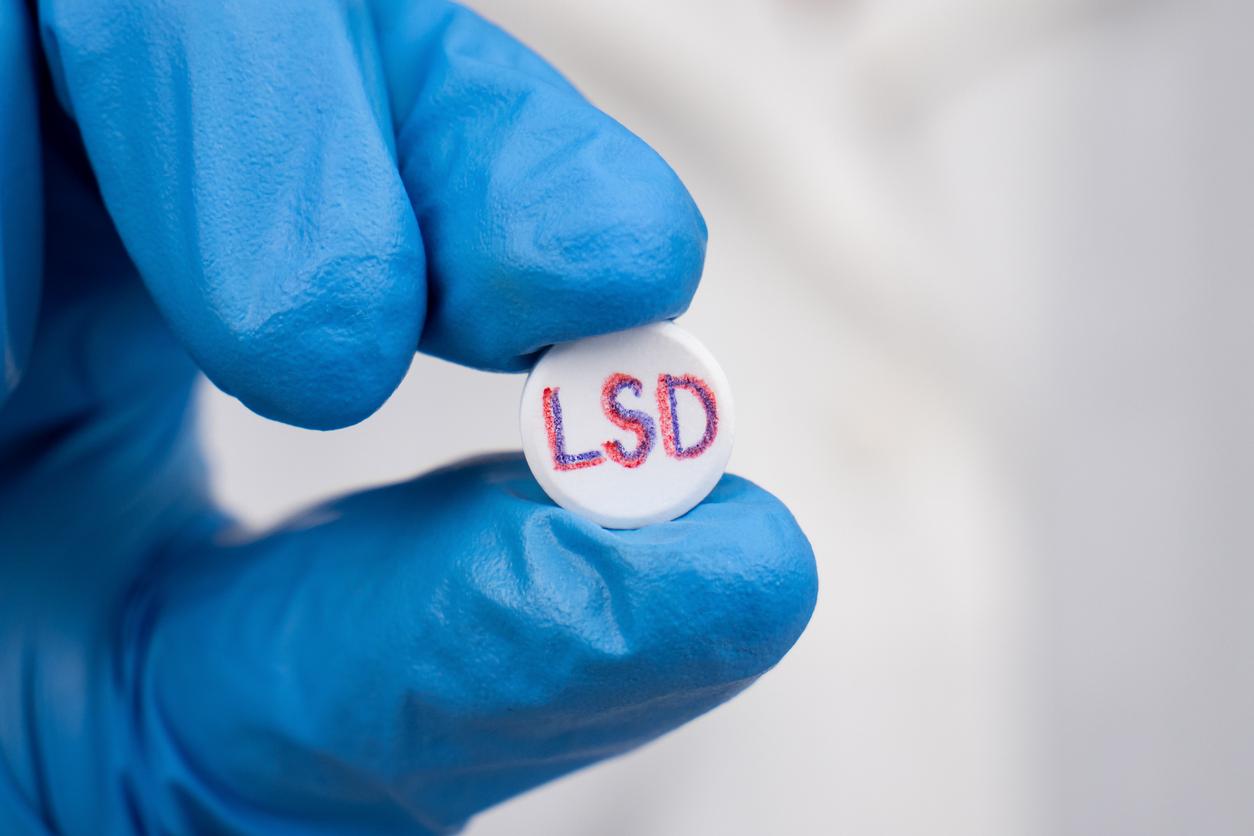Prescribed for the relief of moderate to severe pain, this opioid analgesic can also cause severe addiction and should therefore be taken with caution.

While across the Atlantic, the United States must face a real health crisis in the face of the resurgence of overdoses linked to the overconsumption of opiates like Fentanyl, in France, an analgesic derived from opium is now subject to close monitoring by the National Medicines Safety Agency: Tramadol.
A risk of addiction
The best-selling painkiller in France with 12 million boxes sold each year, Tramadol is prescribed to relieve moderate to severe pain and can, like other opioids, cause addiction, dependence, even cause an overdose in case of overdose.
Valentine, 27, hasn’t gone far. Suffering from an orphan disease causing her attacks of intense pain. Only Tramadol, prescribed by his doctor, is effective in relieving them. “Gradually, we take it when we think we are going to have pain, when we have a very small pain that happens, then we take it systematically, we say at least I anticipate and I will never have a big pain that will go up so it becomes morning, noon, evening”, she explains to France Info.
Gradually increasing the doses, Valentine ends up being hospitalized when the medicine no longer manages to relieve her. She then discovers that she is taking far too much. She is now weaned.
According to health authorities, 140 cases of Tramadol abuse or dependence were reported in 2017. 37 deaths were attributed to the painkiller in 2016. Figures probably underestimated because Tramadol is not always directly implicated.
Hence the need to take precautions. The ANSM wishes to restrict the duration of prescription for Tramadol since it is now possible to obtain with a single prescription up to one year of treatment without any follow-up being done afterwards.
A risk of hypoglycemia for diabetics
This is not the first time that Tramadol has come under special scrutiny. Last August, a study published in the journal Scientific Reports showed that the painkiller significantly increased the risk of hypoglycemiaespecially in people with diabetes.
Other undesirable side effects are known and documented, such as nausea, dizziness or tremors, and in rarer cases hallucinations or mental confusion.
.

















